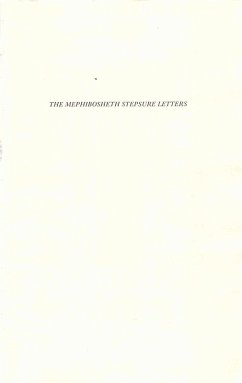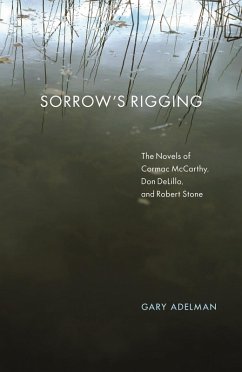
Imagined Nations (eBook, PDF)
Reflections on Media in Canadian Fiction

PAYBACK Punkte
31 °P sammeln!
In Imagined Nations David Williams explores works by authors such as Alistair MacLeod, Michael Ondaatje, and Timothy Findley, examining the ways in which these writers show how our sense of time and space and our sense of personal and national identities have been altered by changes in modes of communication. He discusses how they have dramatized a series of shifts from the oral clan to the nation of the book (Alistair MacLeod), from print-nationalism to radio-confederacy (Wayne Johnston), and from print-stasis to an electronic space of flows (Michael Ondaatje). Some writers have resisted the ...
In Imagined Nations David Williams explores works by authors such as Alistair MacLeod, Michael Ondaatje, and Timothy Findley, examining the ways in which these writers show how our sense of time and space and our sense of personal and national identities have been altered by changes in modes of communication. He discusses how they have dramatized a series of shifts from the oral clan to the nation of the book (Alistair MacLeod), from print-nationalism to radio-confederacy (Wayne Johnston), and from print-stasis to an electronic space of flows (Michael Ondaatje). Some writers have resisted the threat of filmic images to print-formed communities (Timothy Findley, Guy Vanderhaeghe), while others have sought release from the prison of print (Hubert Aquin), or attempted to infiltrate cyberspace in the border war against globalization (William Gibson). Building on the work of Harold Innis, Williams joins other Canadians such as Marshall McLuhan, Ronald Deibert, and Gerald Friesen in extending and clarifying our understanding of the way differing media environments predispose us to imagine unique forms of political community.
Dieser Download kann aus rechtlichen Gründen nur mit Rechnungsadresse in A, B, BG, CY, CZ, D, DK, EW, E, FIN, F, GR, HR, H, IRL, I, LT, L, LR, M, NL, PL, P, R, S, SLO, SK ausgeliefert werden.













